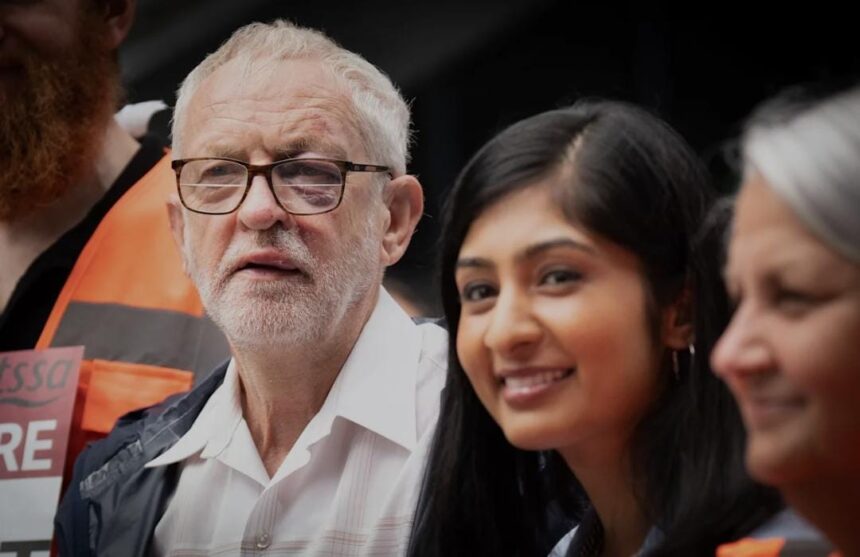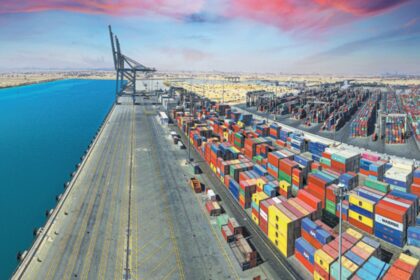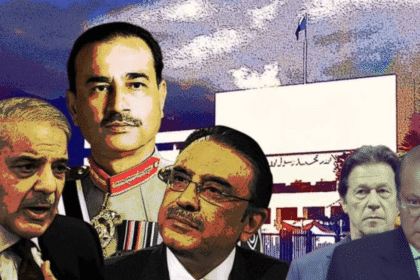In July 2024, Jeremy Corbyn and Zarah Sultana launched the Socialist Party of BritainŌĆöa move already being called the most significant ideological rupture on the British left since the rise of New Labour. With Prime Minister Sir Keir Starmer pulling Labour firmly toward the political centre, shedding its socialist backbone in the process, Corbyn and SultanaŌĆÖs new project doesnŌĆÖt just offer an alternative at the ballot box. It poses a direct, radical challenge to the political consensus that has dominated Britain for decades. In a country increasingly shaped by economic decline, austerity, xenophobia, and a resurgent far-right under Nigel Farage, their new party raises a pointed question: can class solidarity rise from the ruins of liberal centrism?
To understand the creation of this party, we must look at the wreckage Labour left in its internal war on its socialist wing. Since becoming leader in 2020, Starmer has sidelined or expelled dozens of left-leaning figuresŌĆöincluding Corbyn himself. LabourŌĆÖs bold 2019 manifesto, once rooted in public ownership, green investment, and wealth redistribution, has been hollowed out and replaced by vague, market-friendly reforms. StarmerŌĆÖs vision of ŌĆ£electabilityŌĆØ has meant appealing to business interests and distancing the party from the coalition of young people, renters, minorities, and precarious workers who once formed its beating heart. Recent YouGov polling suggests more than a third of 2019 Labour voters still support socialist policies like nationalisation and wealth taxesŌĆöjust not the current party pushing them aside. SultanaŌĆÖs departure crystallises this divide: not just between generations, but between two visions of what LabourŌĆöand BritainŌĆöcould be.
The Socialist Party of Britain is grounded in a working-class, diasporic base often left behind by both state policy and LabourŌĆÖs political drift. Sultana, the daughter of Kashmiri immigrants and a product of BirminghamŌĆÖs post-industrial landscape, speaks to communities doubly betrayedŌĆöfirst by austerity, then by political abandonment. According to the Runnymede Trust, local councils serving mostly minority populations experienced 23% deeper funding cuts during the 2010s than whiter, wealthier areas. These same communities face targeted immigration policies under the UKŌĆÖs ŌĆ£hostile environment.ŌĆØ Corbyn and SultanaŌĆÖs party sees these injustices as connected: the migrant cleaner, the non-unionised warehouse worker, the Uber driverŌĆöall are being squeezed, surveilled, and silenced under the same system.
Ideologically, the party offers a clear departure from LabourŌĆÖs watered-down social democracy. Its manifesto promotes democratic socialism not as nostalgia, but as a necessity: a new welfare state based on dignity, not punishment; renationalisation of energy and transport; a Green New Deal anchored in union jobs. It rejects the false binary between ŌĆ£British workersŌĆØ and migrant rights, arguing that anti-immigrant narratives only serve the corporations slashing wages and conditions. For them, open borders are not a threat, but a sign of global class solidarity. Crucially, the party doesnŌĆÖt treat fascism as a fringe issue. It sees far-right mobilisation as a systemic threat that must be confronted through coordinated, antifascist resistance rooted in community defence.
Yet, clarity comes with complications. Internally, the party must reconcile CorbynŌĆÖs traditional labourism with SultanaŌĆÖs younger, eco-socialist base. Strategically, it remains uncertain whether they can win back disillusioned white working-class votersŌĆöespecially in post-Brexit townsŌĆöwhile the media paints them as ŌĆ£radicalŌĆØ or ŌĆ£urban elites.ŌĆØ FarageŌĆÖs Reform UK is already exploiting cultural grievances, blaming immigrants for housing shortages and NHS delays, all while ignoring the ┬Ż1.5 trillion lost to corporate tax evasion (Tax Justice Network). In contrast, StarmerŌĆÖs centrist Labour offers voters only a more polished version of decline. Corbyn and Sultana now face the daunting task of proving that socialism can be not only morally compellingŌĆöbut electorally and culturally resonant.
History offers warnings. The Social Democratic Party (SDP), which split from Labour in 1981, inadvertently strengthened Thatcher by dividing the left. But 2025 is not 1981. The neoliberal consensus is fraying. According to BMG Research, 72% of Britons now support renationalising energy; Savanta polling shows 64% support rent controls. The appetite for structural change is realŌĆöbut politically homeless. Working-class frustration no longer speaks exclusively in conservative tones. And in the age of TikTok, the movement doesnŌĆÖt need to rely on legacy media: SultanaŌĆÖs content across social platforms now garners five times the engagement of StarmerŌĆÖs online presence (Tortoise Media).
 This movement is already organising on the ground. In neglected former Red Wall towns, the Socialist Party is building community centres that double as food banks, hubs for political education, and tenant union offices. It partners with labour unions, diasporic coalitions, and climate justice groups to fight for healthcare as a right, dignified housing, and an end to zero-hours contracts. What sets the movement apart is its bridge between grassroots organising and electoral politicsŌĆötransforming crisis into consciousness, and frustration into action.
This movement is already organising on the ground. In neglected former Red Wall towns, the Socialist Party is building community centres that double as food banks, hubs for political education, and tenant union offices. It partners with labour unions, diasporic coalitions, and climate justice groups to fight for healthcare as a right, dignified housing, and an end to zero-hours contracts. What sets the movement apart is its bridge between grassroots organising and electoral politicsŌĆötransforming crisis into consciousness, and frustration into action.
This isnŌĆÖt a romantic effort to resurrect 1945. The Socialist Party knows socialism must be built from belowŌĆöthrough coalitions, community power, and collective resistance. Its vision is militantly working-class, multiethnic, multifaith, and intersectional. It prioritises forming anti-fascist alliances between mosques, trade councils, and churches. It elevates diaspora communities not as victims, but as leadersŌĆöbringing political traditions of resistance from places like Palestine, Kashmir, and Kurdistan into the heart of BritainŌĆÖs own struggle.
In the end, Corbyn and Sultana havenŌĆÖt just created a new partyŌĆötheyŌĆÖve reignited a fundamental question: what does justice look like in a Britain hollowed out by empire, neoliberalism, and nationalism? Their success wonŌĆÖt depend on slogans or branding, but on whether they can unite a fractured working classŌĆönative and migrant, secular and religious, north and southŌĆöinto a political force capable of reshaping the countryŌĆÖs foundations. The ground is shifting across abandoned towns and restless cities. And out of that defianceŌĆönot nostalgiaŌĆöa red flag rises.
┬ĀŌĆ£When the rich rob the poor, itŌĆÖs business. When the poor fight back, itŌĆÖs violence. When they organise, itŌĆÖs socialism.ŌĆØ ŌĆö Zarah Sultana, Maiden Speech (2020)
















